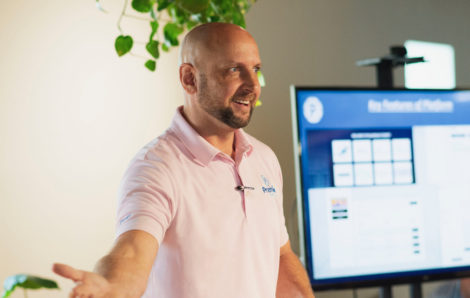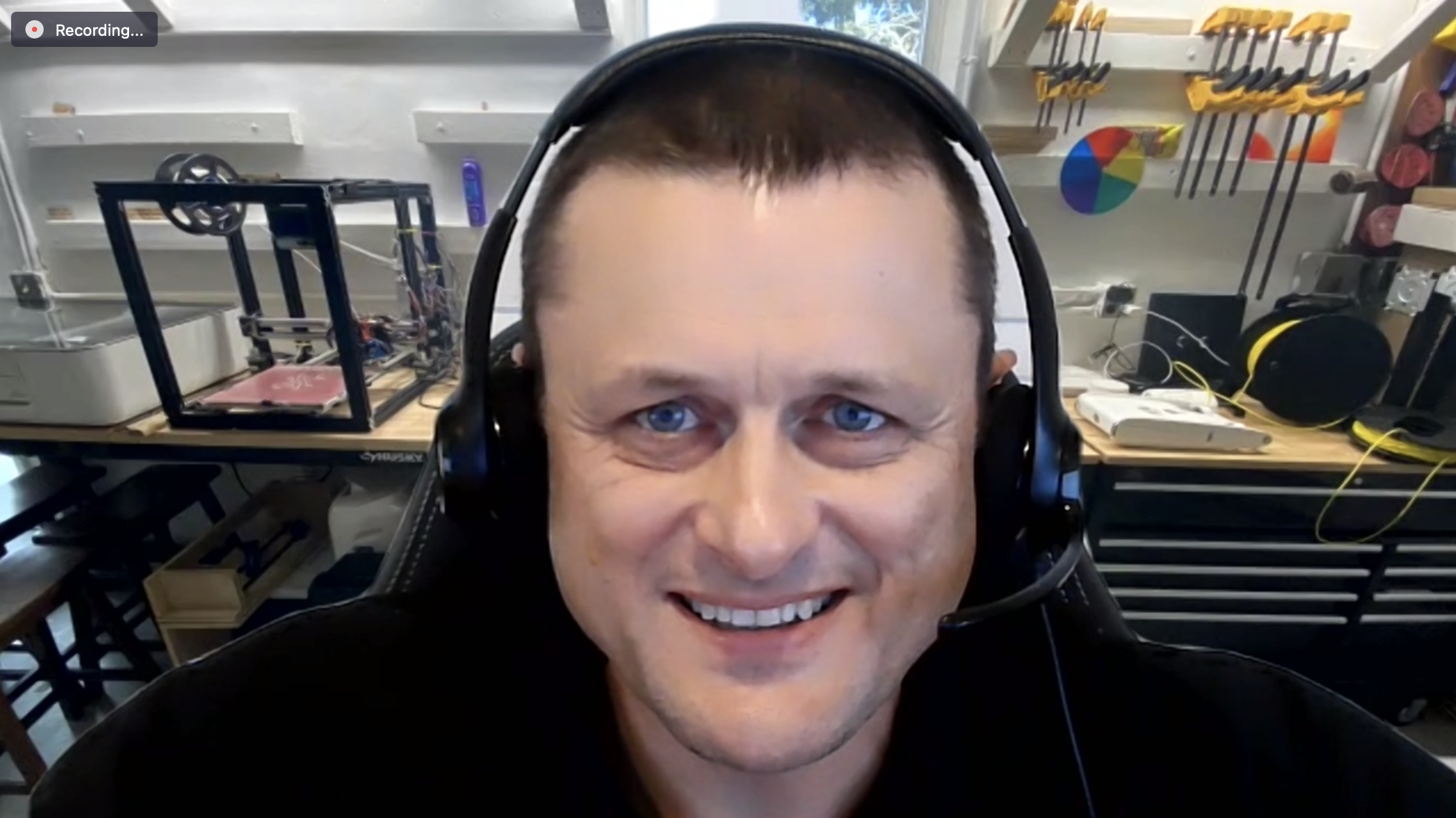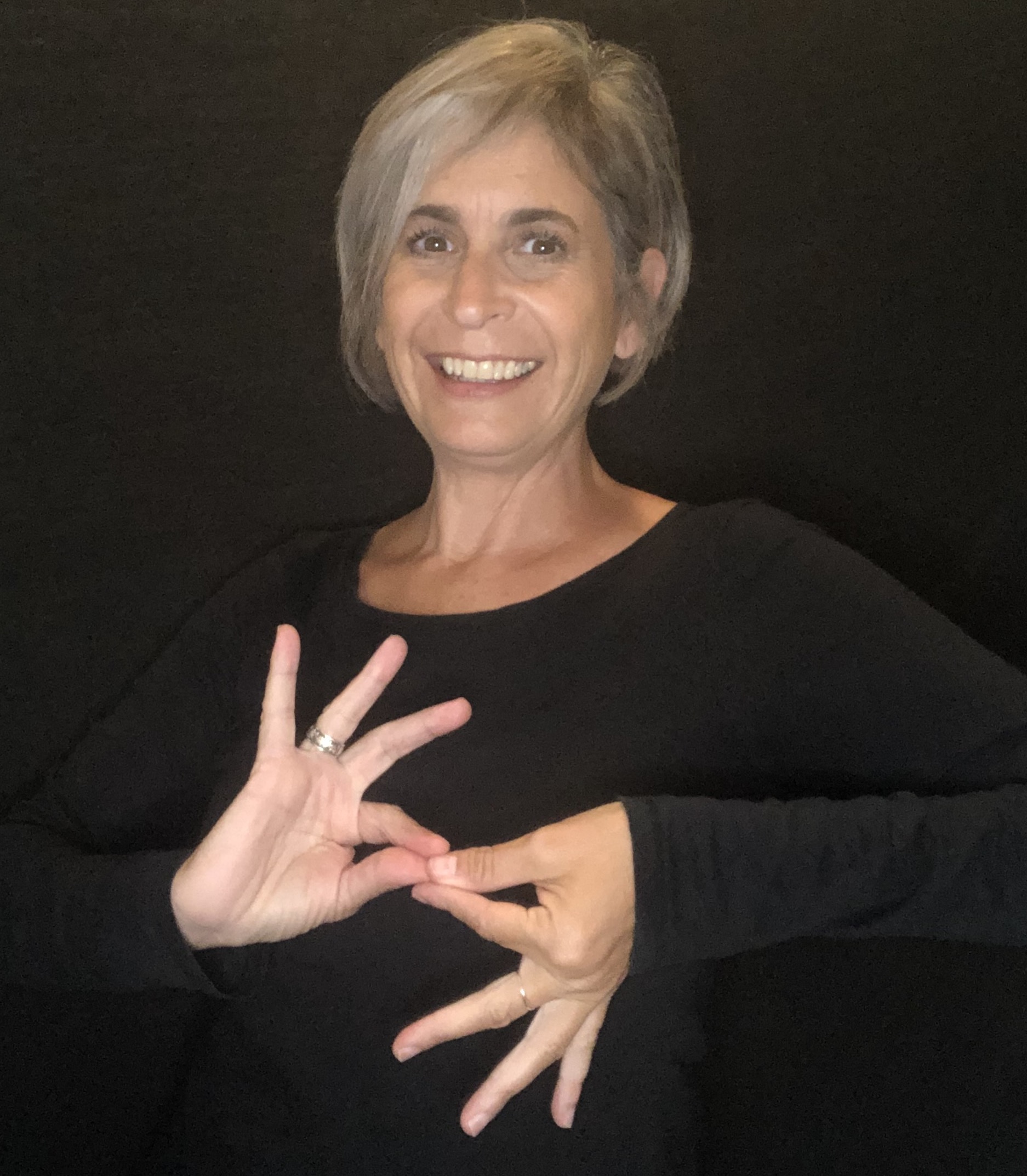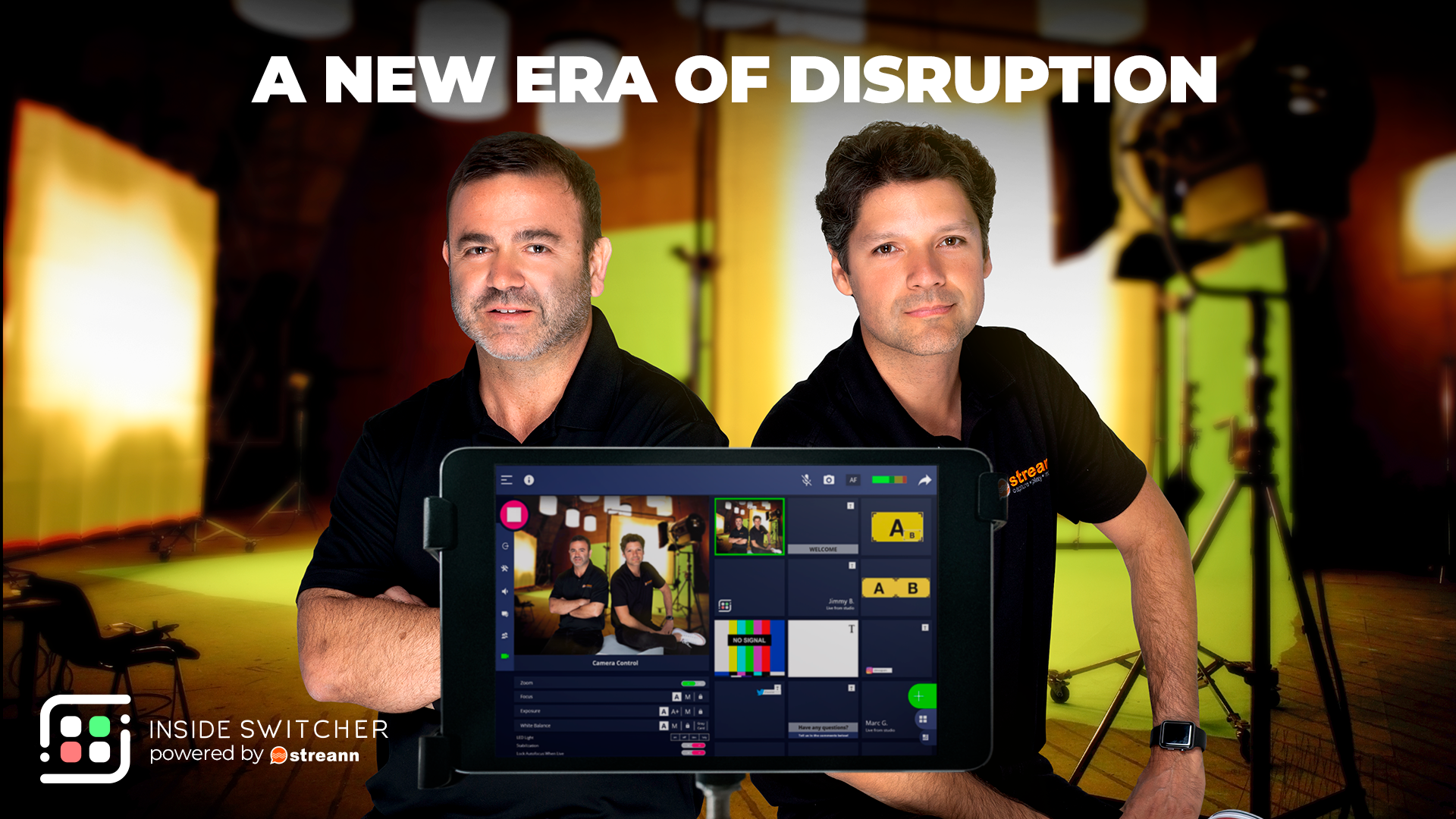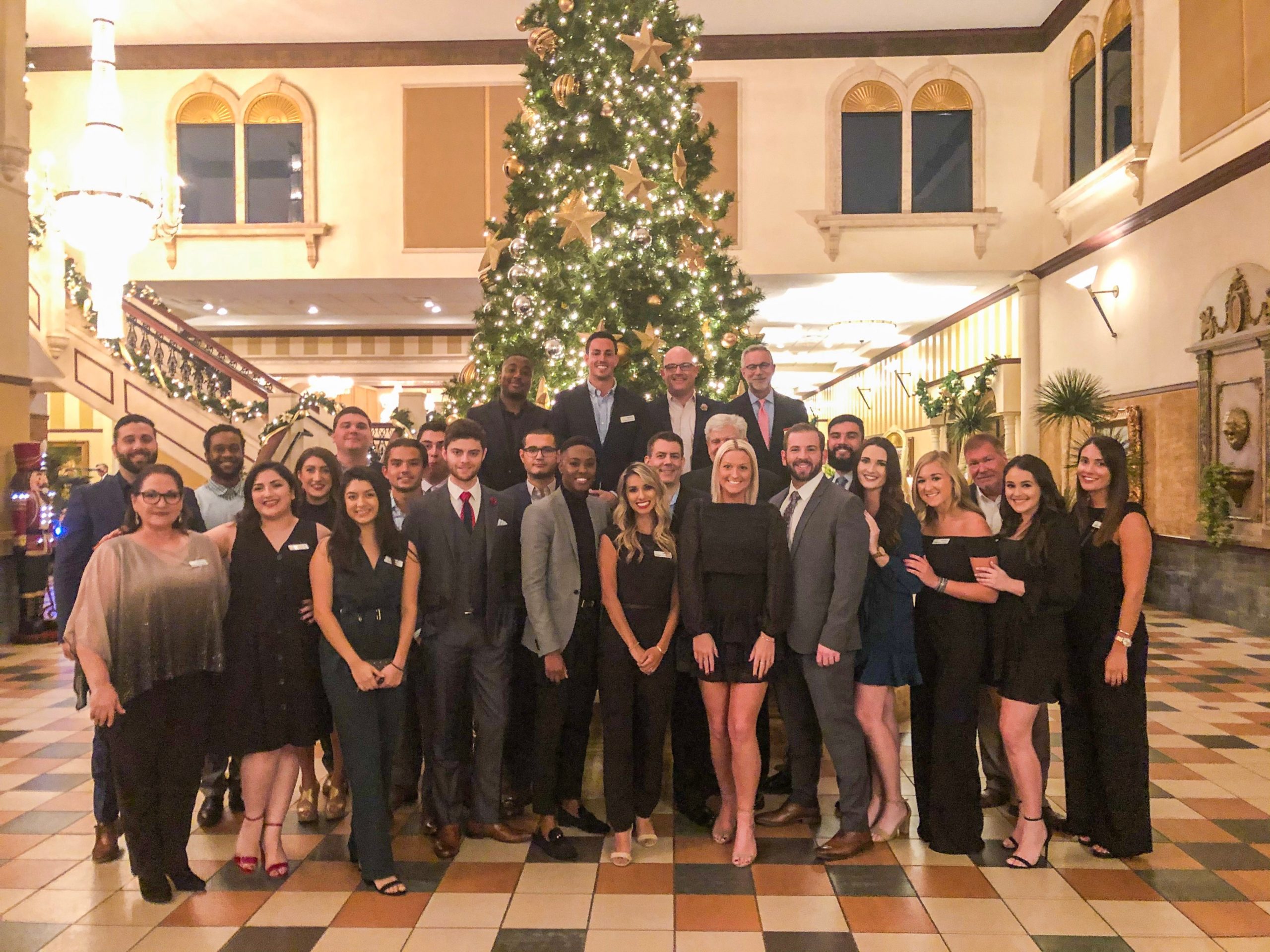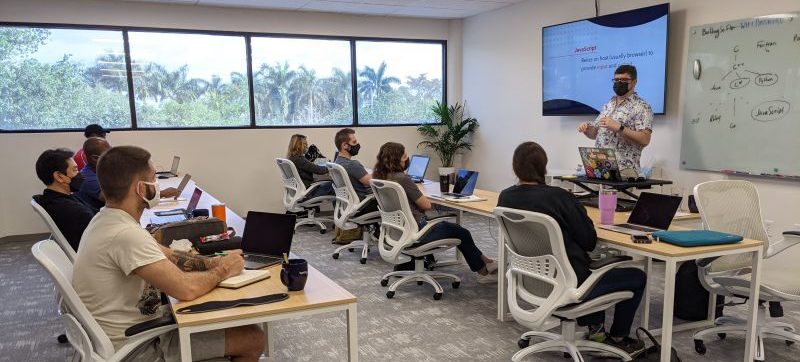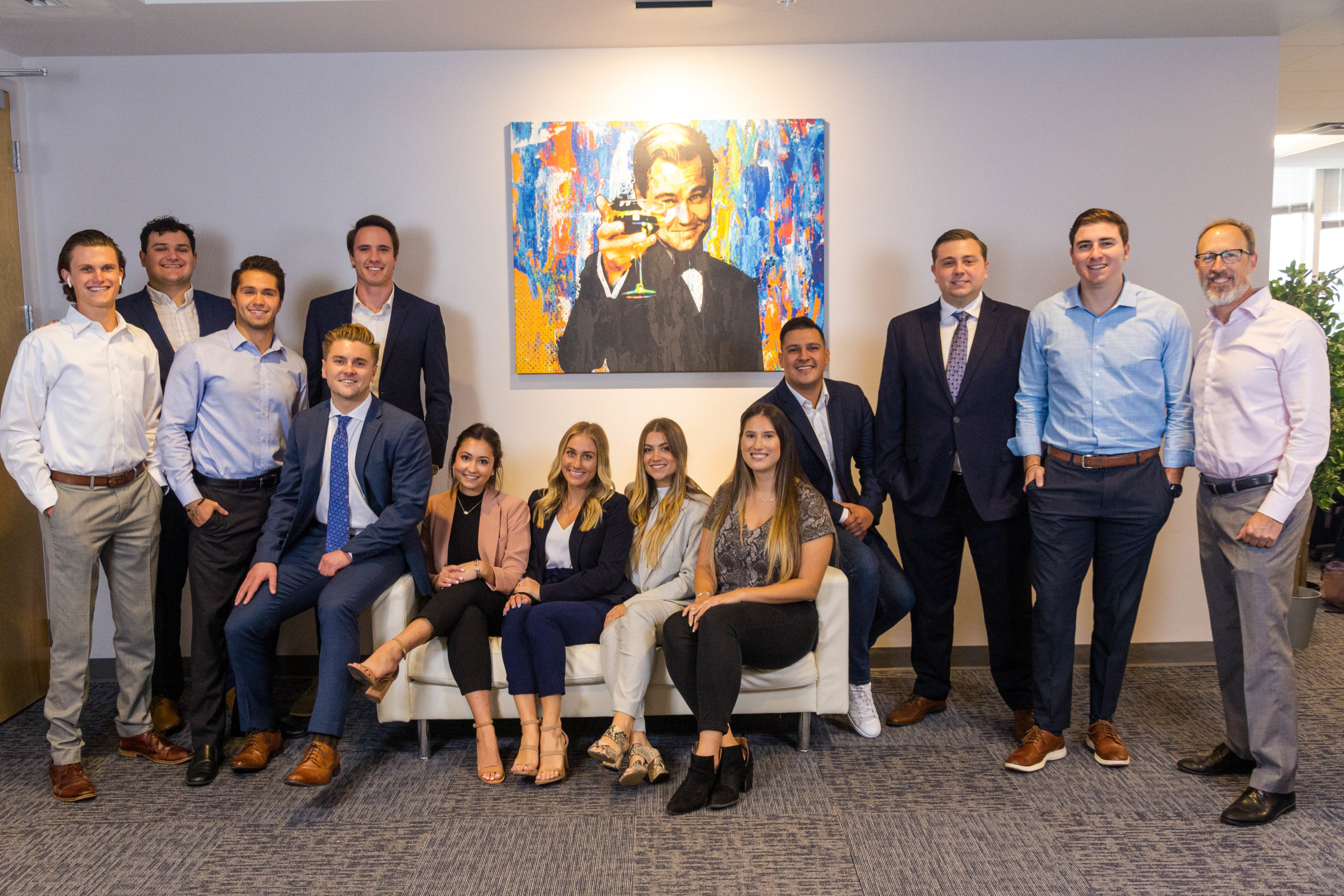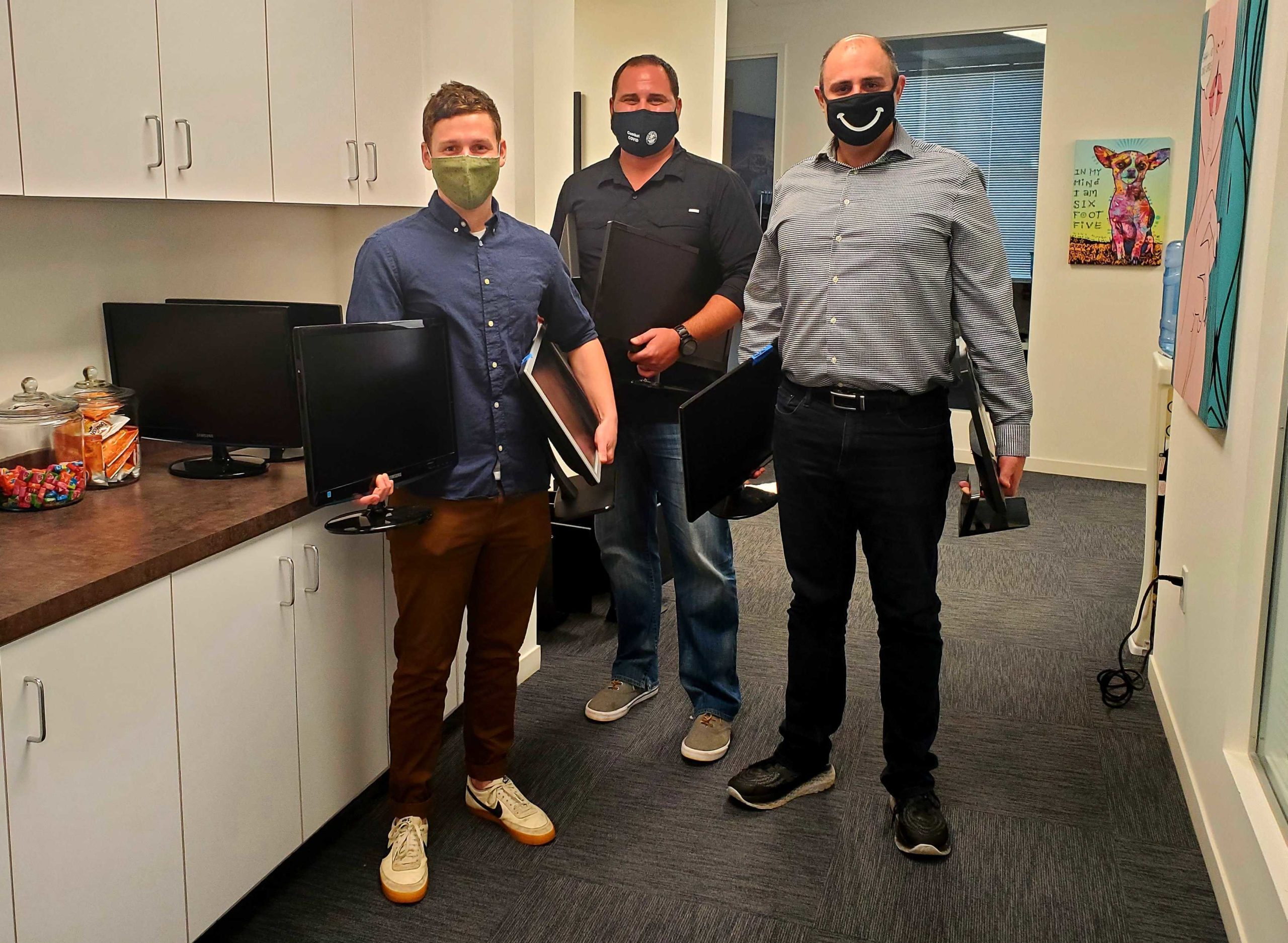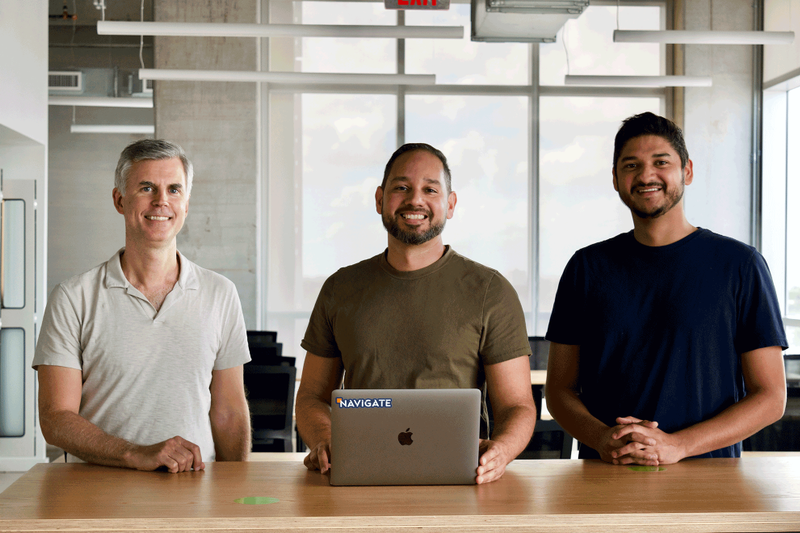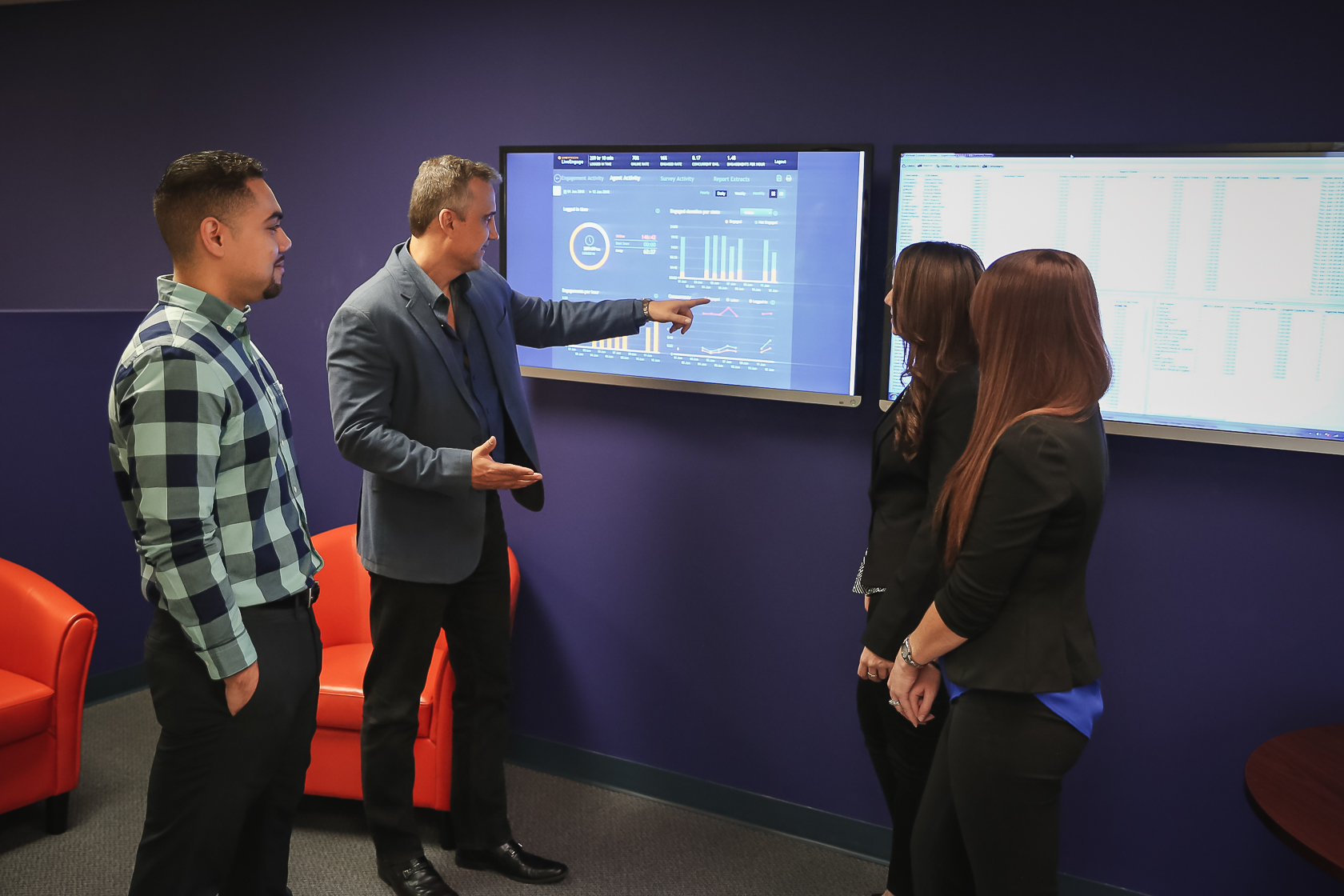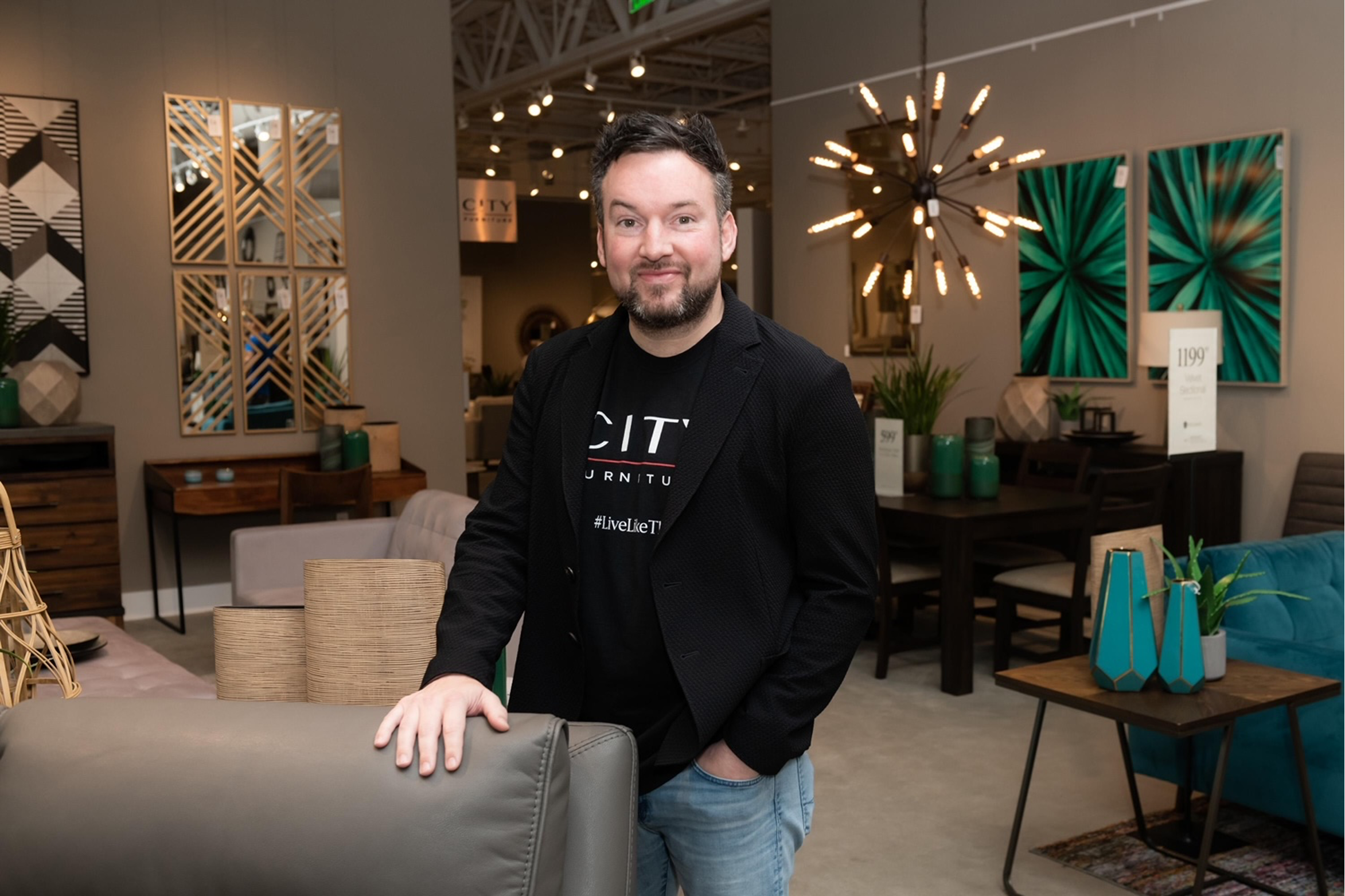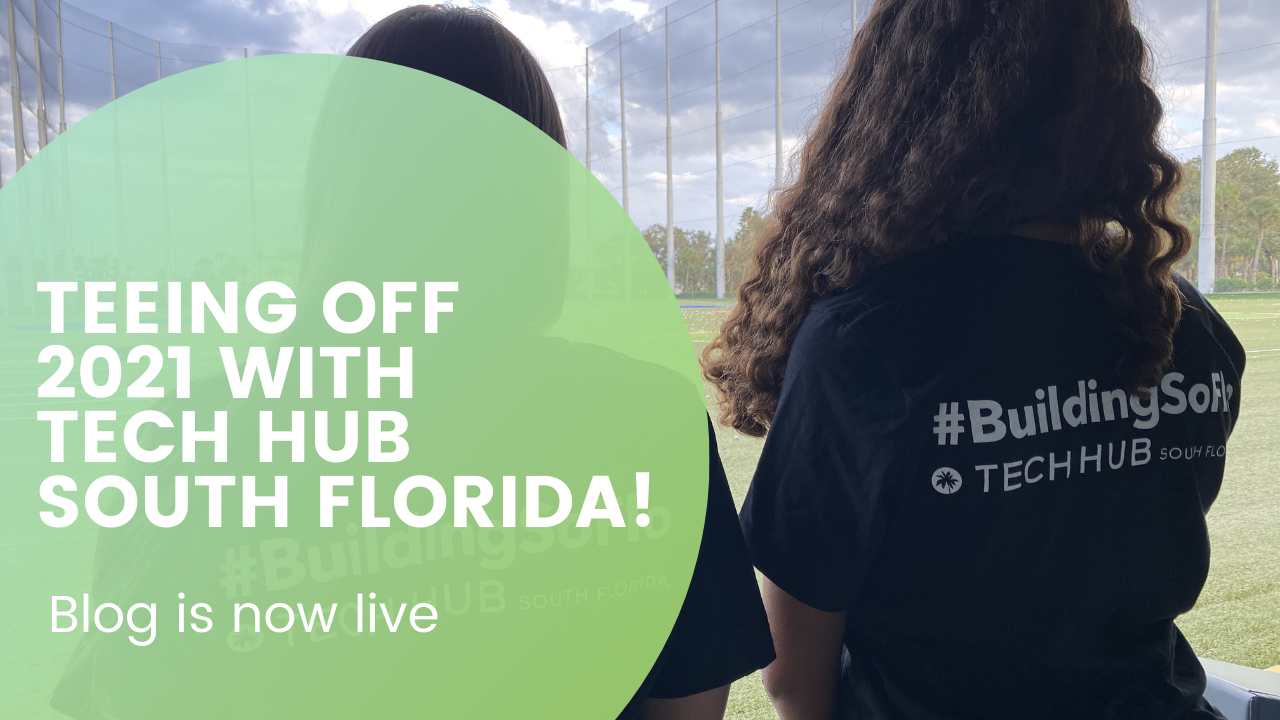Spotlight on Our HealthTech & Life Sciences Committee
Read Time 3 MinutesFrom a Miami startup that uses blockchain technology to more efficiently administer Covid tests to a Juno Beach-based healthcare software enterprise that is helping hospitals save precious time doing triage, it’s clear that our region is growing into a healthtech hub.
Tech Hub South Florida has established its HealthTech & Life Sciences Committee in order to accelerate this innovation in the healthtech space. Its mission is to empower, educate, and collaborate with the health professionals, entrepreneurs, and business leaders who ensure the health and wellbeing of South Floridians. The committee aims to accomplish this goal by supporting the South Florida healthcare ecosystem’s ability to leverage current and emerging technologies and services.
Meggie Soliman is Chair of the Committee and Director of Strategic Innovations, Applications at DSS. She said that healthcare and life sciences “can no longer be viewed as separate from technology.” From a healthcare perspective, technology enables clinicians to put patients at the center of everything they do. In order to have this patient-centered care, in Soliman’s estimation, “you need access to relevant data that allows us to analyze and make better decisions for that patient.”
From a life sciences perspective, Soliman acknowledged that “technology is allowing us to make booming discoveries because now we have the tools available that we did not have years ago.”
To take full advantage of this boom, Soliman advocates for a multidisciplinary approach. “You either find technologists or healthcare subject matter experts, but it is difficult to find individuals who have the background with both, so my hope is to expand that pool and keep our local talent.”
Pete Martinez, former IBM executive-turned-entrepreneur and Vice Chair of the Committee, echoes Soliman’s excitement: “Technology will be the great catalyst for the transformation to bring healthcare into the 21st Century, on par with all the major industries that thrive on innovation.”
He is particularly bullish on Artificial Intelligence to spur innovation in the healthcare and life sciences space. “AI holds the greatest promise for such understanding as pattern recognition, Machine Learning, multi-disciplinary data integration. Predictive and personalized modeling will become the norm as they have become in most major industries.”
For Martinez, the key to success in South Florida’s healthtech space will be to connect local entrepreneurs with our region’s major investors. “We are fortunate to have plenty of innovators and high net worth [individuals]. Bringing them together will create exponential and sustainable growth.”
Soliman and Martinez both have their sights set on tangible impacts that they are looking to make through the Committee’s efforts.
First, they both agree that creating awareness around South Florida as a top destination for healthcare and life sciences is a major priority.
“Brand development, consistent and visionary messaging, and providing tangible proof points of our capabilities and success is fundamental to the engagement by our community and those that are looking to become part of it,” said Martinez. He also said that it is important to have a common vision and agree upon “strategies [that] will optimize our efforts while creating much bigger impact.”
The Chair and Vice Chair also put an emphasis on talent. Soliman said that “it is essential that we educate our communities and future talent on what the capabilities of healthcare tech are.” She hopes to do that by “getting more students involved in healthcare technology early.”
Finally, Soliman highlighted that local impact is crucial. “Bringing healthcare & life science organizations together will allow for collaboration among our communities and impact the local culture,” she said. “We can be the next Silicon Valley but with a taste of paradise living.”
The Tech Hub team would like to thank our most involved committee members to date such as Modernizing Medicine, HealthSnap, New World Angels, Better Living Technologies, The Venture Mentoring Team, Jupiter Medical Center, HealthDRUM, HIMSS South Florida, Gravity IT Resources, Palm Beach County’s Business Development Board, Greater Fort Lauderdale Alliance, Miami-Dade Beacon Council and Palm Beach North Chamber of Commerce. We appreciate your efforts in helping build South Florida’s HealthTech and Life Sciences Ecosystem.”
If you would like to learn more about Tech Hub South Florida’s Healthcare & Life Sciences Committee, please get in touch.


